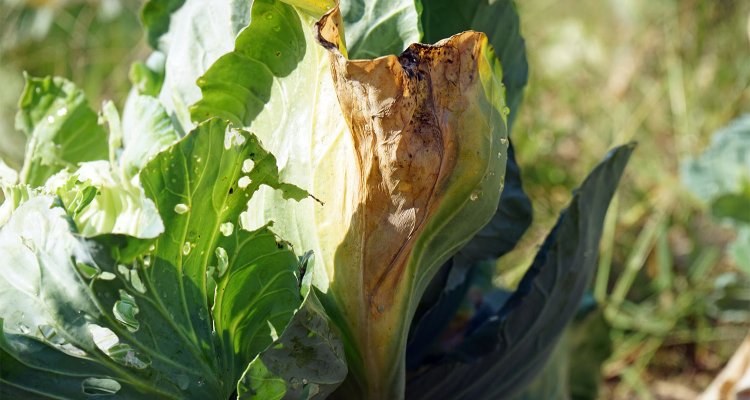
Project
Exploiting Xanthomonas black rot resistance from wild cabbages
Black rot, caused by the bacterium Xanthomonas campestris campestris (Xcc), is one of the most destructive diseases of Brassica crops, and has a large economic impact worldwide. Currently grown cabbage cultivars do not provide adequate black rot resistance, and genetic sources of resistance are limited. Mining wild Brassica germplasm allows to broaden this genetic base and to introduce robust black rot resistance in cabbage.
Project description
In this project we will exploit natural variation across populations of multiple wild Brassica species that are supposed to hold different levels of natural resistance to black rot, and that have not yet passed through the genetic bottleneck of crop domestication. Thus far, limited work has been performed on black rot resistance at both population-genetic and molecular level. This lack of biological knowledge hampers resistance breeding in Brassica crops. We will fill this knowledge-gap using a multidisciplinary approach that combines genus-wide comparative genomics and functional studies to identify novel immune genes involved in black rot resistance in wild Brassica populations.